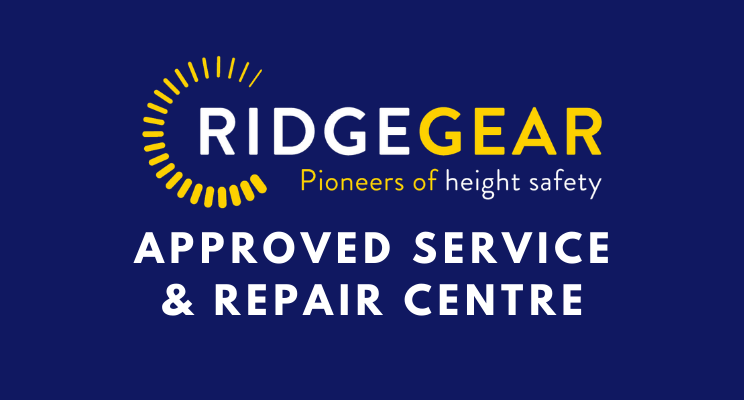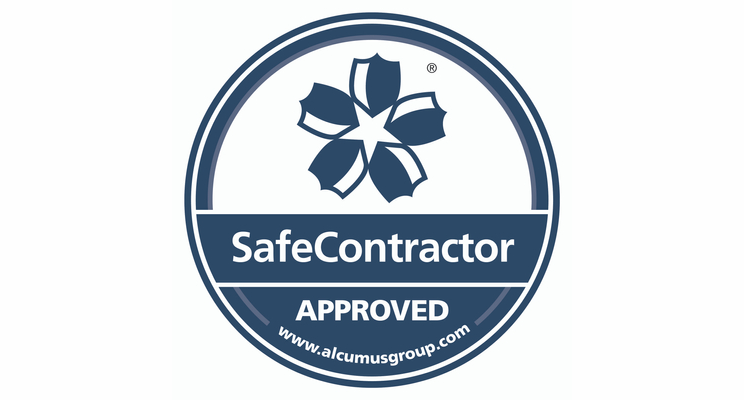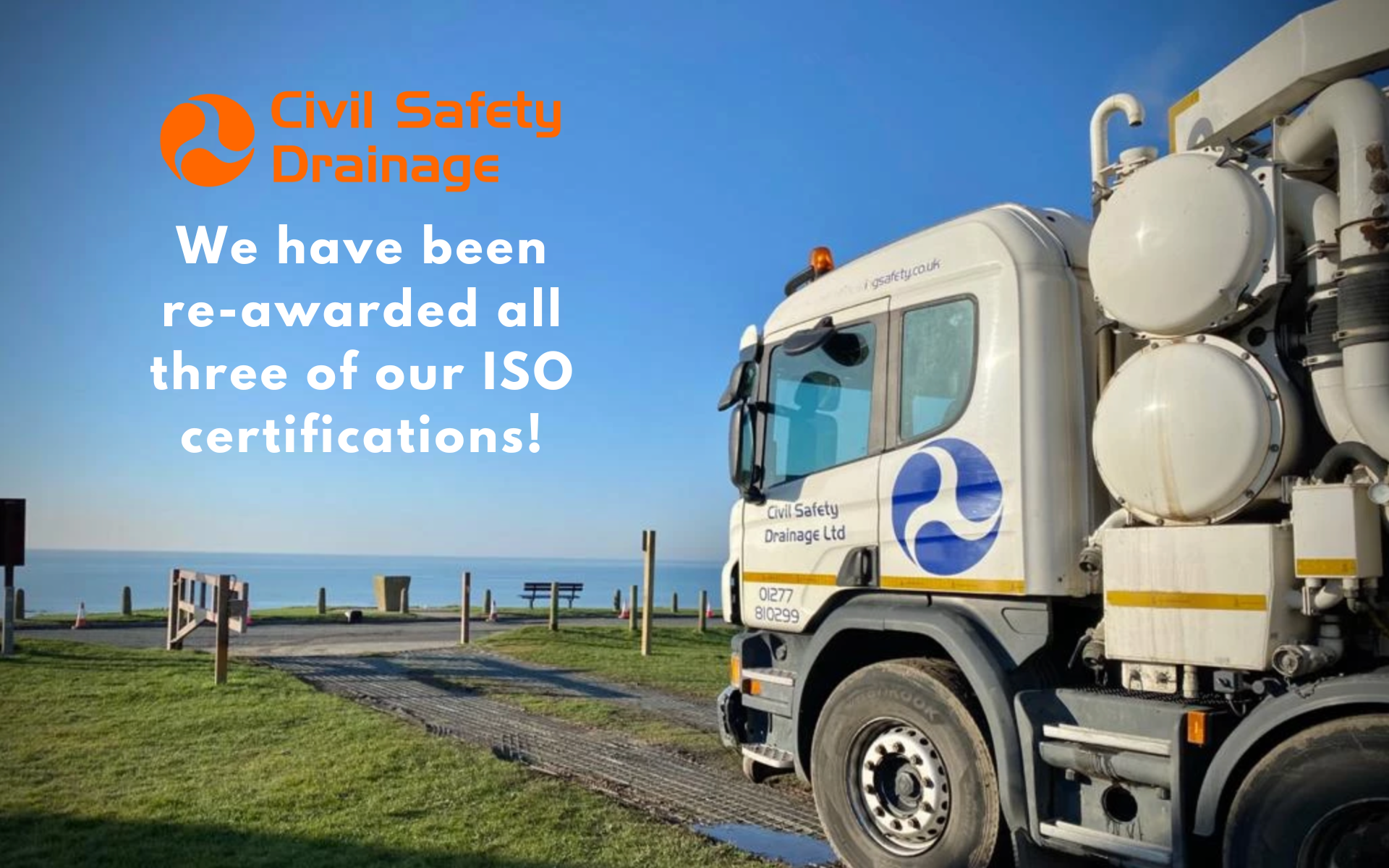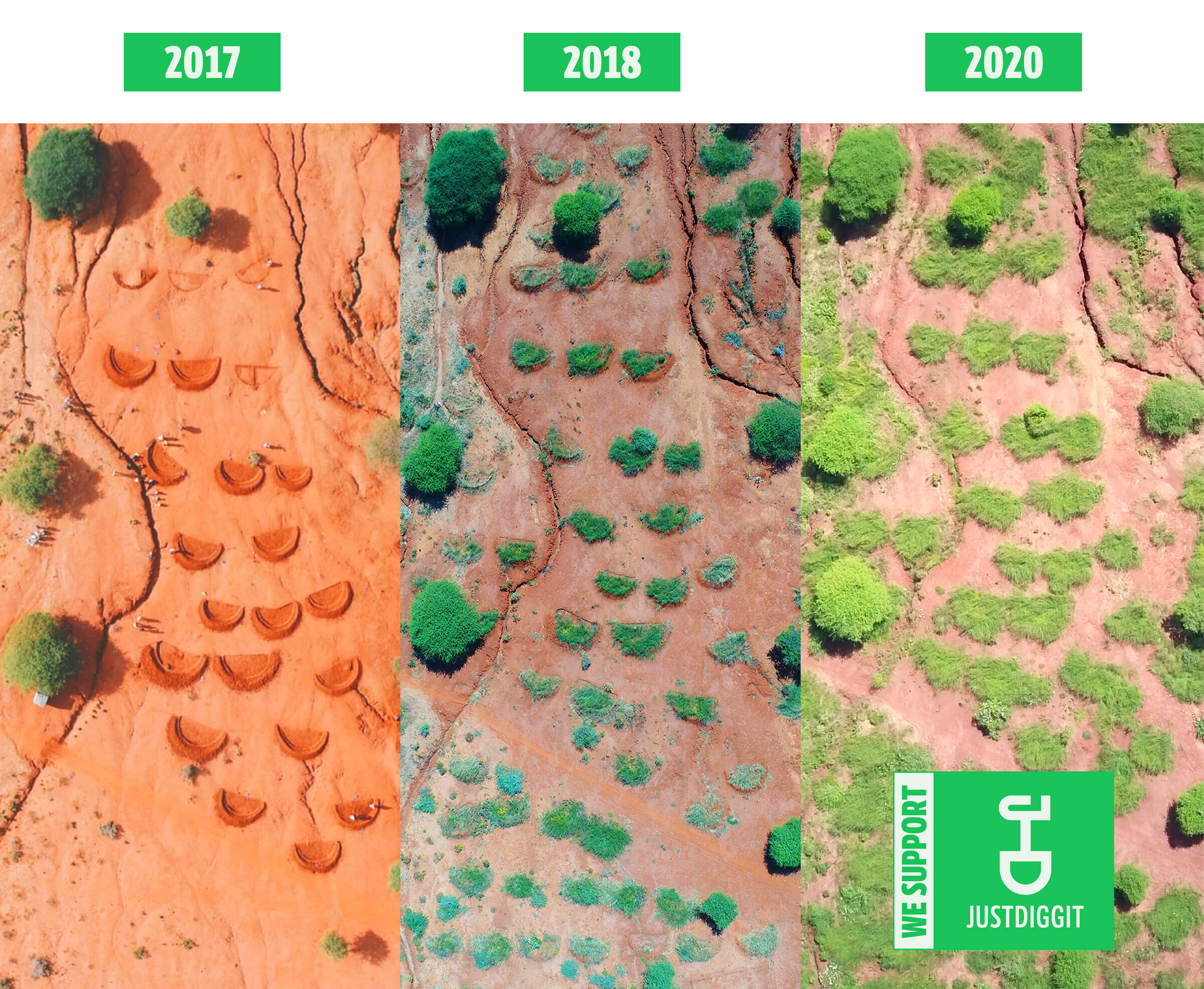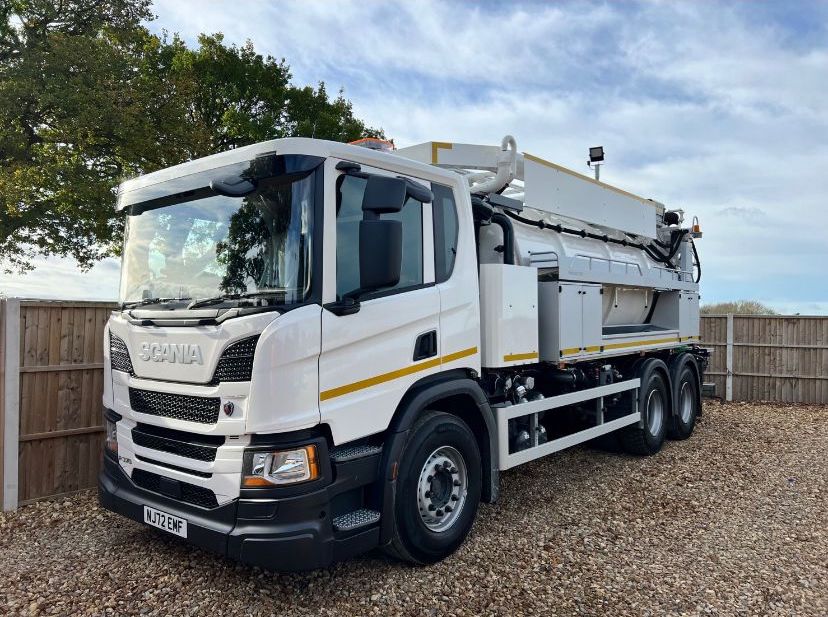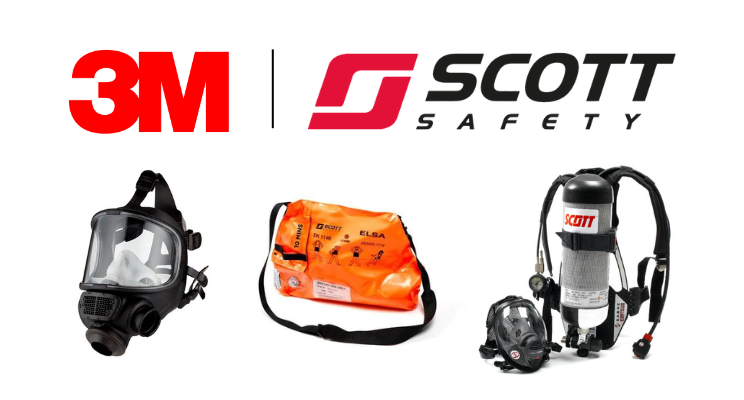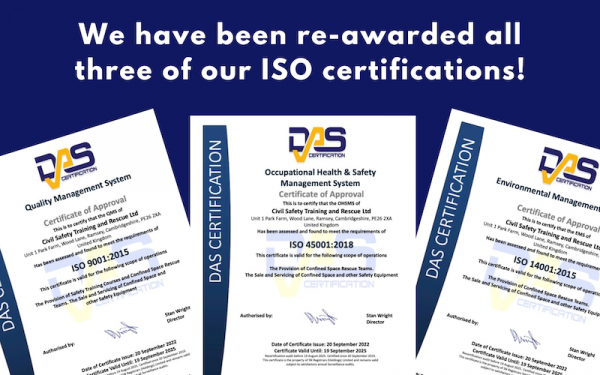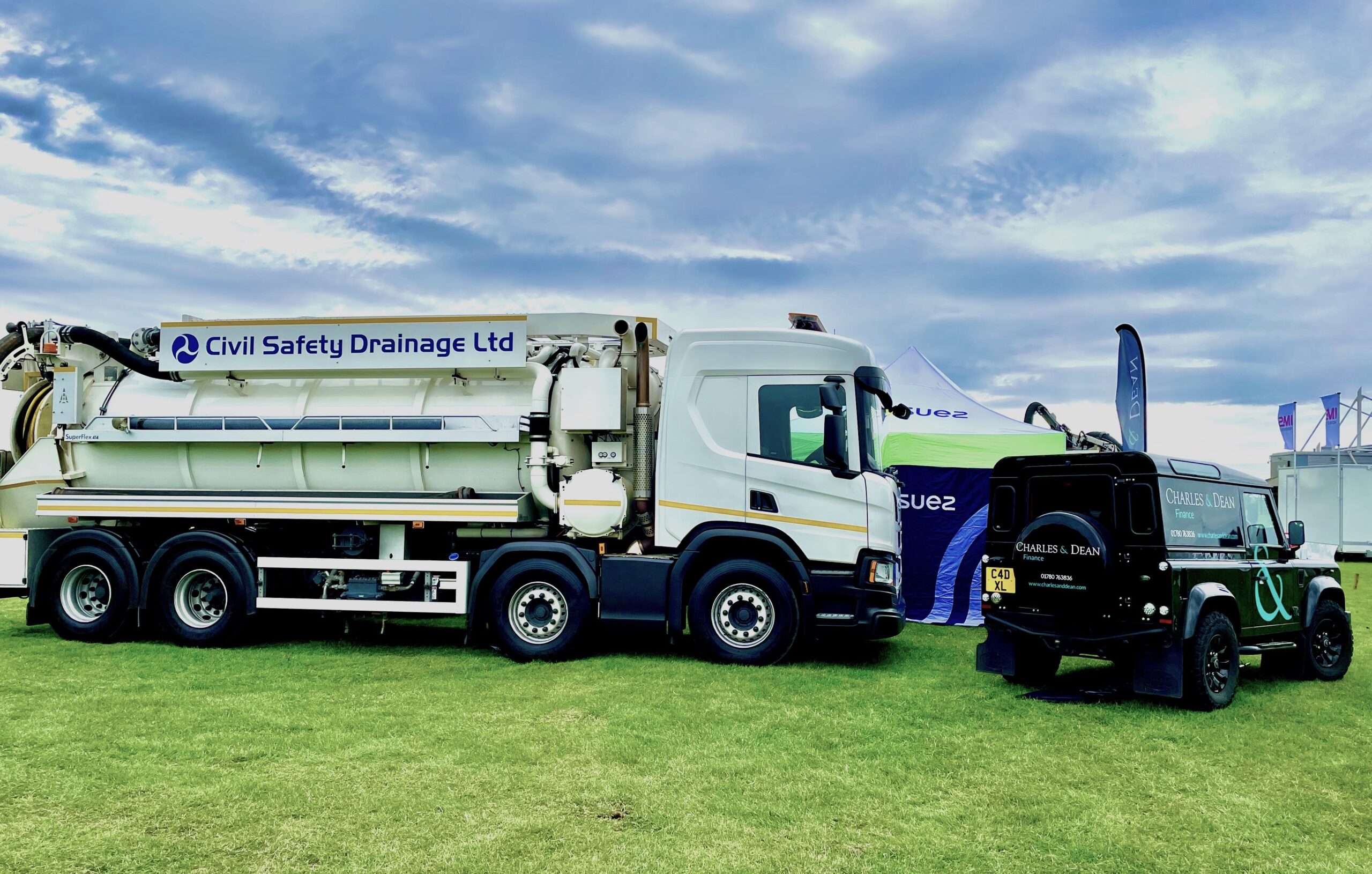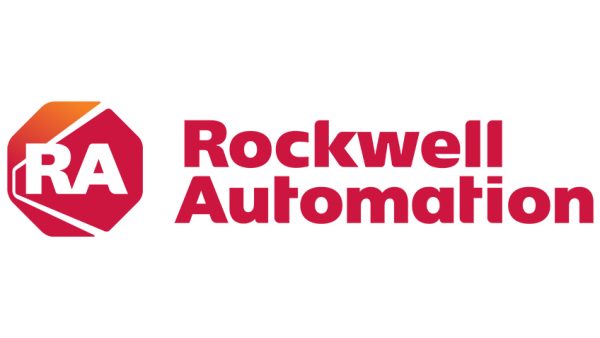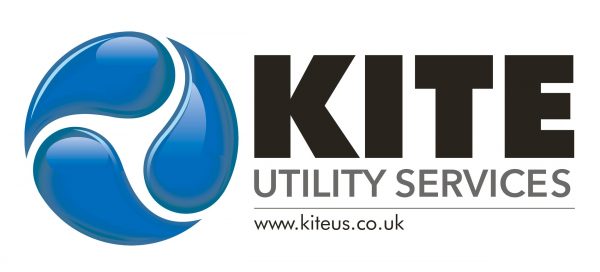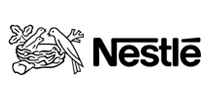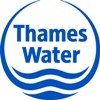Are You Trained And Competent To Enter A Confined Space?
Each year a number of people in the UK are killed or seriously injured in confined spaces and that includes both those working in the confined space, as well as those who try to rescue them without the proper training or equipment.
The potential hazards confronting workers in confined spaces are wide and varied and include:
- Atmospheric hazards like lack of oxygen, too much oxygen, and toxic gases.
- Hazards to do with access like small entry and exit spaces or entry only possible using hoists and ladders.
- Engulfment hazards due to the presence of free-flowing solid materials like grain or flour that can act like quicksand.
- Physical hazards like extreme heat, moving machinery or poor visibility.
- Drowning from an increase in liquid.
Therefore, to prepare employees for confined space work comprehensive training is essential. It’s also important to remember that anyone assessing, managing and supervising confined space work also needs to be properly trained to carry out their part of a safe confined space entry.
Training must include both a theoretical understanding of all the confined space hazards and methods of safe working as well as practical, situational training.
Practical training simulates the conditions likely to be experienced during entry into confined spaces. It provides a safe way of preparing workers for what to expect in confined space environments. Practical elements of training should include suitability checks (i.e. for claustrophobia); developing a safe working system; and selecting, checking and using PPE equipment, including atmospheric monitoring and respiratory protection equipment. It should also include practice on responding to hazards including self-rescue or full, third party, rescue.
What Qualifications Are There?
There are many levels of training qualifications for confined space work that people can carry out, with some more advanced than others. The City & Guilds qualifications are supported by the Health and Safety Executive and are normally a pre-requisite for entering any confined space. Here we go through the City & Guilds confined space training courses we provide and what each of them will qualify you to do.
City & Guilds 6150-01 Low Risk Confined Spaces
Duration: 1 day
Suitable for: NC1 classified confined spaces
Course Covers: What a confined space is, preparing to enter, entering, exiting, and exiting in an emergency. You’ll learn how to establish a safety zone, maintain an appropriate communication system, interpret atmospheric monitors, maintain safe working procedures and follow emergency procedures.
City & Guilds 6150-02 Medium Risk Confined Spaces Top Man & Entrant
Duration: 2 days
Suitable for: NC1, NC2 and NC3 classified confined spaces – Low & Medium Risk
Course Covers: Suitable for people who are new to working in confined spaces it covers preparing to enter a confined space, entering and exiting, dealing with emergencies, acting as a topman entry point controller and use of Escape Breathing Apparatus.
City & Guilds 6150-03 High Risk Confined Spaces
Duration: 3 days
Suitable for: NC1, NC2, NC3 and NC4 classified confined spaces – Low, Medium & High Risk
Course Covers: This course covers the use of escape breathing apparatus and self-contained breathing apparatus as part of the planned means of self-rescue. You’ll learn how to carry out pre-use checks, use self-contained breathing apparatus and carry out post-use hygiene routines.
City & Guilds 6150-14 Top Man for High Risk Spaces
Duration: 3 days
Suitable for: NC1, NC2, NC3 and NC4 classified confined spaces – Low, Medium & High Risk
Course Covers: This course prepares you to act as a top man/safety attendant for teams working in confined spaces. You’ll learn how to oversee safe entries and exits, monitor the work team to ensure procedures are followed and prepare for and deal with emergencies.
City & Guilds 6150-05 Emergency Rescue and Recovery of Casualties from Confined Spaces
Duration: 2 days
Suitable for: NC1, NC2, NC3 and NC4 classified confined spaces – Low, Medium & High Risk
Course Covers: Safe entry into the Water UK classification confined spaces using self-contained breathing apparatus in hostile atmospheres. You’ll learn how to prepare to work safely in confined spaces under emergency conditions, how to prepare and use self-contained breathing apparatus, how to use rescue equipment safely, deal with emergencies and follow correct procedures.
Can Rescue Teams Be Outsourced?
In an emergency situation, there is no room for doubt or hesitation as timing is often crucial. Two-thirds of all deaths occurring in confined spaces are attributed to people attempting to rescue someone else which is why having fully trained and qualified specialists on hand is critical. Many businesses don’t have this kind of in-house expertise and so use an experienced external team. This is also often more cost effective than preparing internal teams for the job as the resources required to train a team to such standards is extensive.
REMEMBER: Organisations need to provide their own arrangements for rescue and cannot rely on the emergency services.
If you’re unsure about which training qualifications you need to have or provide to your staff give our friendly training team a call on 01480 220 611.
Civil Safety Training & Rescue
TRAINING
We provide regular confined space and self-rescue training courses at our Ramsey and Brentwood sites and we also have mobile confined space training units that allow us to bring the training to your site.
Contact our training team: 01480 220611 | sarah@civilsafety.co.uk
RESCUE TEAMS
Civil Safety Training & Rescue’s dedicated rescue teams are highly experienced and fully trained to assist, should you require rescue and recovery of your workers that are in a place only accessible through a confined space. Providing a nationwide, 24/7 service, we’re used to working in underground vaults, storage silos and tanks, sewers, motorway access panels, shafts, chambers, boilers, pipelines, pits, service tunnels and disused basements.
Contact our rescue team: 01480 220615 | tina@civilsafety.co.uk

